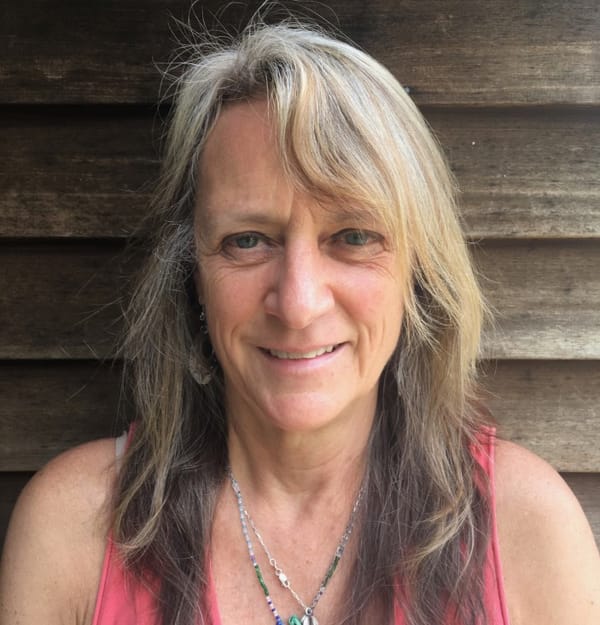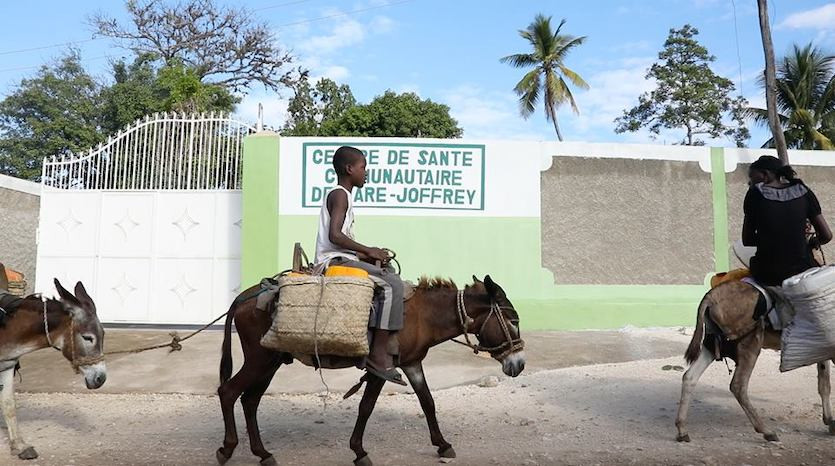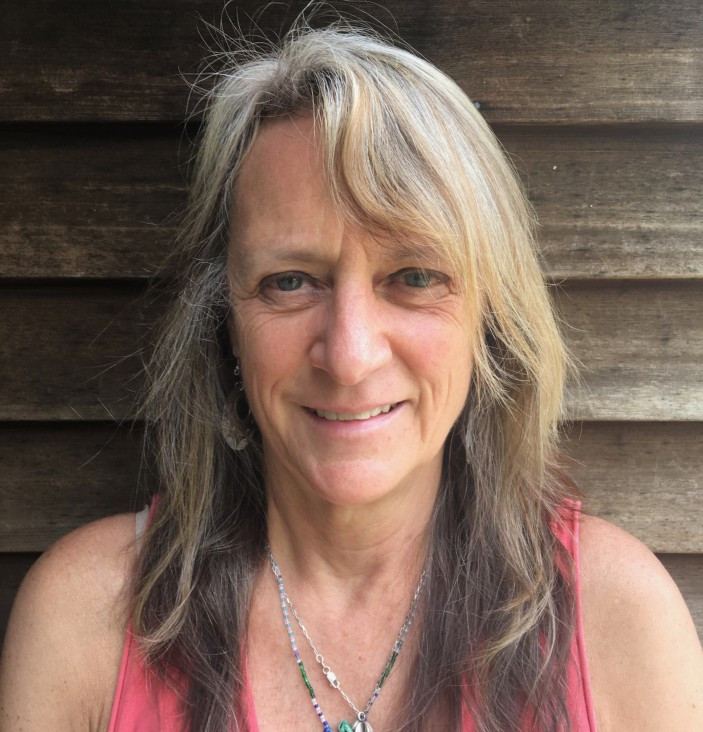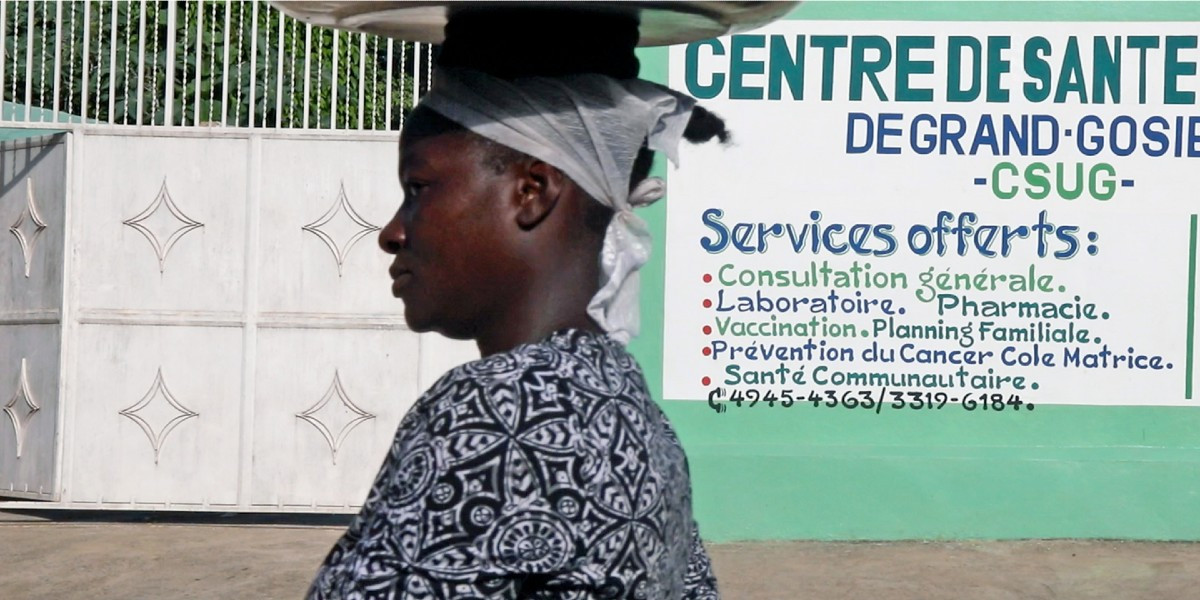The Rural We: Louise Lindenmeyr
The Salisbury resident is the co-founder and executive director of Hispaniola Health Partners in Haiti.

The Salisbury resident is the co-founder and executive director of Hispaniola Health Partners in Haiti.

Family nurse practitioner Louise Lindenmeyr of Salisbury, Connecticut says she always had a penchant for international global health and a love of travel. For many years she volunteered at clincis in Nicaragua, the Dominican Republic, and Haiti. In 2013, Lindenmeyr co-founded and is executive director of Hispañola Health Partners, which serves 9,000 residents in a remote part of Haiti annually, The clinic, called Centre de Santé Union de Grand-Gosier, offers primary care services, a safe birth center, women’s health services, mobile outreach and other special programs. Lindenmeyr, who is now retired, travels to Haiti three times a year. It’s no easy trip: She flies to the Dominican Republic, followed by an eight-hour bus ride and three hours on a motorcycle on treacherous and dangerous roads. But that doesn’t dim her enthusiasm for the work she and, most importantly, the local team of doctors, nurses and support staff are doing.
I came to the area in 1984 and married a local guy. We were able to build a house in Salisbury and brought our kids up here. I was a family nurse practitioner in eastern Dutchess County and a nurse at Sharon Hospital before that. Fortunately, Hudson River Healthcare, who I was working for, understood my itchy foot when I started doing a lot of volunteering.
I was in Haiti during the height of the cholera epidemic. When I got sent with some other workers to the remote town of Marjofre, I met two local residents who had begun construction on a clinic because there was no healthcare within about an hour of their town. When they showed me the bare bones of the clinic, I told them I didn’t know how I could help. But I met a couple of young American guys who had skills in setting up and running nonprofits, and we became a 401(c)(3) in 2013. After a lot of fundraising, the clinic was finally finished in 2016. From one doctor and two nurses, we now have a staff of 13, a birth center, a pharmacy lab, and an inpatient ER.
Ninety percent of births are home births there, assisted by a traditional birth attendant (called a matwòn), but Haiti has the highest maternal mortality rate in the Americas. We created a small family birth center, and have a training program for the birth attendants in the area. The clinic also has outreach programs to reach the nooks and crannies of the region, which is very remote and harsh. The teams are sent out by motorcycle and set up mobile clinics to do pre-and post-natal care, teach basic sanitation, check on the population regarding infectious diseases, and treat hypertension, a big problem there.
Our biggest outreach is for cancer screening, because there’s no such things as pap smears. Haiti has the highest cervical cancer rate in the western hemisphere. Fortunately, it’s a slow-growing cancer, so you can catch and treat it. Now over 4,000 women have been screened and treated for cervical cancer.
I go to the clinic for about 10 days at a time. Peter Halle, our board president, travels with me. I try to take experts in certain medical areas each time to help teach our staff. It’s a really fantastic team in Haiti, all people from the area. The clinic has a revenue source; it charges a small fee for consults and births and receives support from Haiti’s Ministry of Health. But most of the funding comes from private donors and foundation grants. Two area churches, St. John’s Episcopal Church and Salisbury Congregation Church have been faithful donors.

Donkeys at the clinic gate. Photo: Patricia Borns

